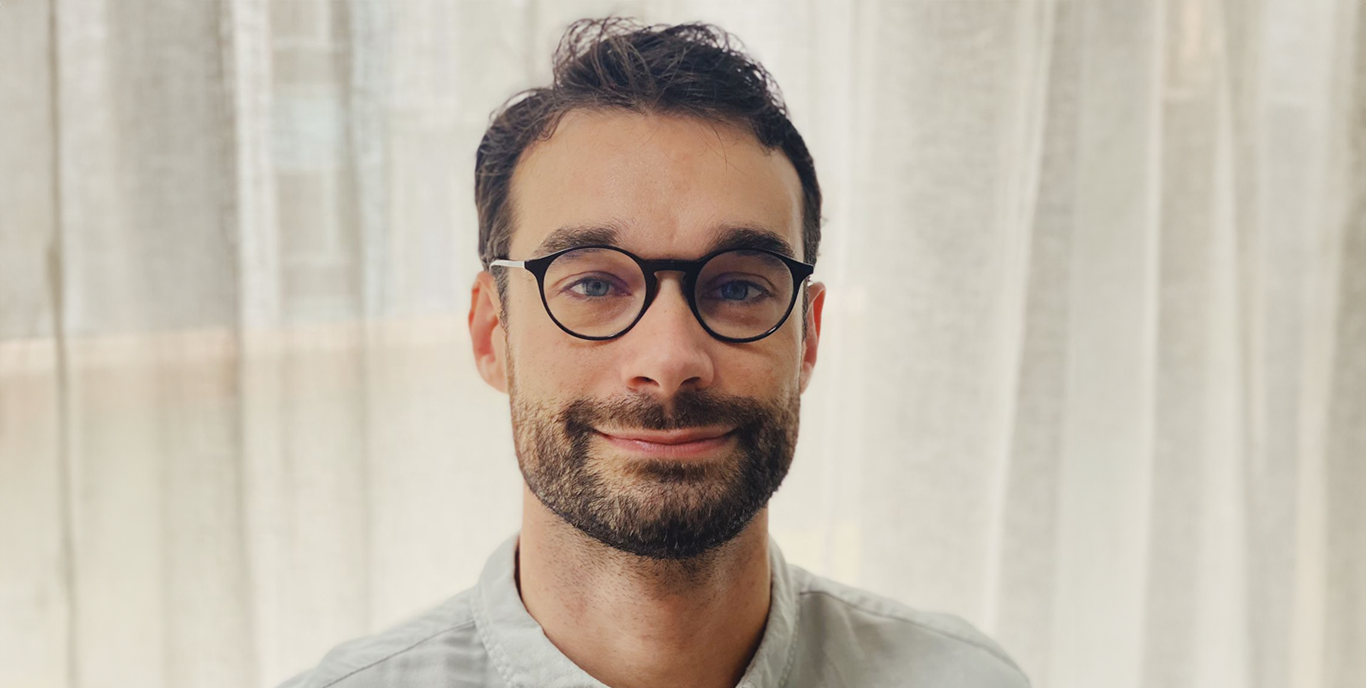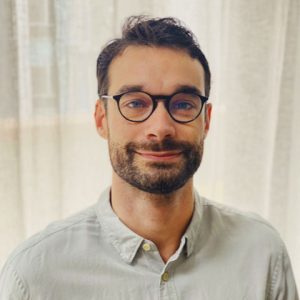Dr. Federico Gaiti uses a suite of advanced techniques to study how cancer begins and progresses.
One of OICR’s newest Investigators is bringing together a powerful combination of cutting-edge tools to better understand how cancer develops and spreads.
Dr. Federico Gaiti integrates genetic, epigenetic and spatial genomics approaches with novel computational frameworks to study cancer at the single-cell level, hoping to unlock new ways to diagnose and treat it.
“We combine different types of data to study the changes that occur in cells as they transition toward cancer — not just identifying what those changes are, but also understanding why and how they happen,” says Gaiti, a Scientist at the Princess Margaret Cancer Centre (University Health Network) and Assistant Professor at the University of Toronto.
Gaiti’s scientific journey began in Italy, where he was born and raised. After earning his bachelor’s and master’s degrees in biology in his home country, he moved to Australia for his PhD studies, followed by postdoctoral research in New York.
As his research evolved from studying non-model organisms during his PhD to focusing on cancer during his postdoctoral training, Gaiti became increasingly interested in the molecular mechanisms driving cancer development. This growing focus led him to Toronto, drawn by its world-class cancer research ecosystem. In 2021, he moved to Canada and established his lab at the Princess Margaret Cancer Centre.
Now, three-and-a-half years later, his lab has grown to a team of eight with diverse skill sets, and they have recently celebrated a major milestone: the publication of their first research paper fully conceptualized and executed in Toronto, featured in Developmental Cell.
OICR News spoke with Dr. Gaiti about the new paper, his lab’s broader research goals, and how becoming an OICR Investigator is helping propel his work forward.
In simplest terms, how would you describe your research focus?
We start with a few fundamental questions: How does cancer begin? How does it become more aggressive over time? And how does it develop resistance to treatment? To answer these, we study the changes that occur in individual cells — not only genetic mutations in the DNA (known as somatic mutations), but also non-genetic changes that influence how cells grow, divide, and interact with their environment.
We use cutting-edge tools and integrate multiple layers of data — including genetic, epigenetic, and spatial information — all at the single-cell level. This comprehensive approach allows us to trace the molecular changes that drive cancer development, with the goal of understanding when and how a normal cell becomes cancerous.
What sort of impact do you hope this work has on patients?
By understanding these changes at the cellular and molecular level, we aim to uncover vulnerabilities in the process of cancer development that could be targeted by new, more effective therapies. Gaining insight into these processes at their earliest stages may also lead to the development of diagnostic tests that detect cancer sooner, when it is most treatable.
Your lab just published its first paper. What did you find in that study?
Our study focused on glioblastoma, one of the most aggressive forms of brain cancer. We discovered that invasive glioblastoma cells ‘hijack’ normal brain development programs, behaving like immature brain cells. We believe this helps explain how these cancer cells spread so effectively throughout the brain. Understanding this process could open new ways to target glioblastoma, not just by trying to kill the cancer cells, but by disrupting the developmental pathways they co-opt to invade healthy tissue.
How has becoming an OICR Investigator helped you realize the goals of your research?
Becoming an OICR Investigator helps bring our ideas to life by connecting us with a network of outstanding scientists and providing access to valuable resources and support. This kind of collaboration is essential for driving science forward. As an early-career researcher, I also deeply value the mentorship opportunities, being able to learn from and seek guidance from more experienced investigators is incredibly helpful in navigating challenges and advancing our work.


